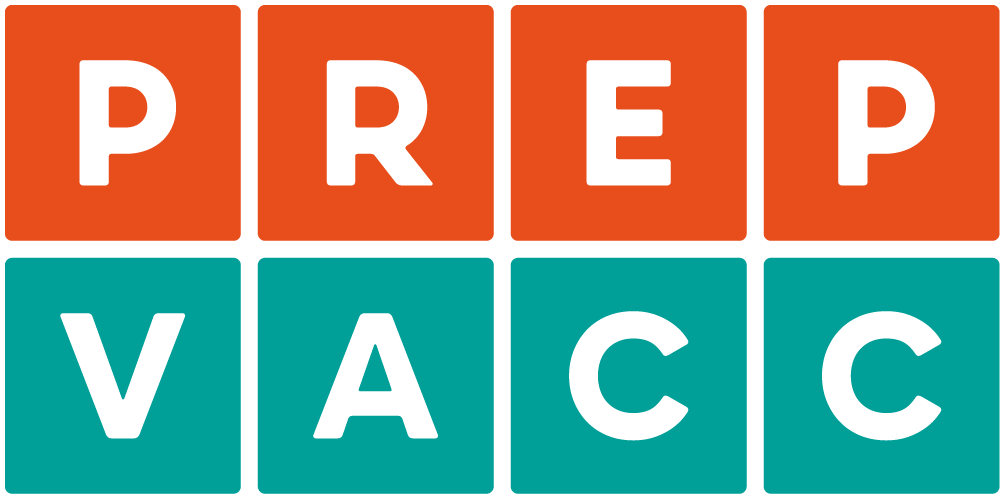GPP training for PrEPVacc partners: our experience and lessons
A special online Good Participatory Practice (GPP) training course, prepared by AVAC for PrEPVacc, was run during July and August 2020 and featured attendees from every site.
Conceived and led by AVAC’s Daisy Ouya, Communications Advisor, and Jessica Salzwedel, Program Manager for Research Engagement, the month long course helped attendees to develop their theoretical understanding of GPP and to put it into practice at their site with a final assignment focussed on analysing their stakeholders and updating the stakeholder engagement plans.
Two attendees, Neetha Morar and Sibusiso Nhleko from SAMRC, recount their experiences:
“The GPP training course for the PrEPVacc team in Africa was excellent and most valuable, and reinforces our view that community stakeholder engagement is a pillar of research studies.
“Our special course highlighted (a) the role of engaging stakeholders as partners in the research life cycle and the importance of involving them when developing a Community Engagement Plan and (b) the importance of monitoring the outcomes and deliverables during the four stages of a clinical research trial. These stages include the:
Planning stage – who is responsible for what engagement activities, our desired outcomes, indicators for success that are long term and short term, and what tools should be used to measure. Budget and resources to achieve the goals are key items.
Conduct stages – role of community stakeholders and participants in recruitment, retention, results dissemination are key points.
Post-Trial stage – a greater focus on issues of access and uptake of available methods using various incountry mechanisms.
Post-Research stage – a focus on engagement with broader stakeholders to promote and update on the acceptability and effectiveness of prevention methods.
From a CLO perspective the AVAC approach, making use of a combination of on line training with webinars, was a good platform for sharing knowledge and improving understanding of the role of community engagement in research.
Two sets of learnings stood out for us: 1) the importance of issues management plans in the light of COVID-19; 2) the role of formative research in understanding the community context.
Like all sites this summer, the course timing for us at SAMRC was a challenge. We had our own community work and study preparation to do simultaneous with the course assignments. At our site in South Africa, we also faced a number of wellness related issues to COVID-19 and the death of an SAMRC colleague in Cape Town.
These factors impacted on completion of course but thankfully the course leaders were very supportive and accommodating and their extended timeline was ultimately helpful. We strongly encourage all PIs and Sponsors to make a GPP course part of all research teams training.”
Neetha Morar, Senior Research Manager, and Sibusiso Nhleko, Verulam site Community Liaison Officer, SAMRC HIV Prevention Research Unit - neetha.morar@mrc.ac.za and sibusiso.nhleko@mrc.ac.za

